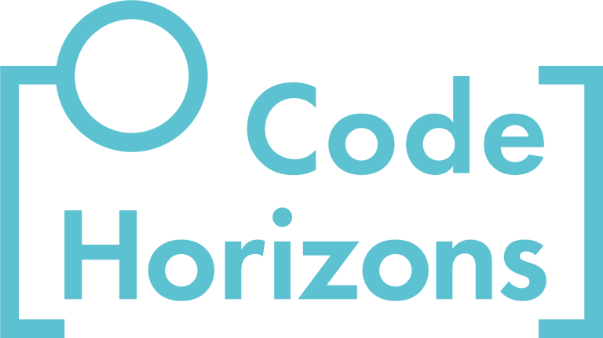Essential R Skills for Intermediate Users: A Short Course
An 8-Hour Livestream Seminar Taught by Andrew Miles, Ph.D.
Go beyond basics to write cleaner, more effective code and enhance your research skills!
R has become the pre-eminent software package for conducting statistical analyses in a wide range of fields. However, harnessing its full potential requires moving beyond basic data manipulation and analysis and learning to use R for more of the tasks required for research in the modern world.
This course intentionally avoids addressing how to perform particular types of analyses in R—there are already many great courses that do this (such as the ones listed here). Instead, it selectively focuses on techniques and skills that will help you write better R code, simplify your research, and improve your analyses regardless of the particular data and models you use. The goal is to equip you with a suite of tools that you will be able to apply frequently across a range of projects.
Starting June 30, we are offering this seminar as an 8-hour synchronous*, livestream workshop held via the free video-conferencing software Zoom. Each day will consist of two 2-hour lecture sessions which include hands-on exercises, separated by a 30-minute break. You are encouraged to join the lecture live, but will have the opportunity to view the recorded session later in the day if you are unable to attend at the scheduled time.
*We understand that finding time to participate in livestream courses can be difficult. If you prefer, you may take all or part of the course asynchronously. The video recordings will be made available within 24 hours of each session and will be accessible for four weeks after the seminar, meaning that you will get all of the class content and discussions even if you cannot participate synchronously.
Closed captioning is available for all live and recorded sessions. Captions can be translated to a variety of languages including Spanish, Korean, and Italian. For more information, click here.
More Details About the Course Content
Course content can be roughly grouped into two broad skillsets. The first are “R skills”—skills that improve your ability to write effective R code. We will discuss how R finds files and how we can make this process less error prone, as well as methods for troubleshooting and debugging code. We will also learn how to write our own R functions and why doing so is usually a good idea.
The second type of skills are “research skills”—ways to use R to perform common research-related tasks. These include learning how to build flexible, publication-ready tables directly in R (goodbye spreadsheets!), learning the basics of data generation and simulation, and exploring how to bootstrap results from a variety of common analyses.
A primary aim of this course is to “upskill” your ability to work independently and flexibly in R. Consequently, particular emphasis will be placed on processes for tackling problems rather than ready-made solutions. We also will focus on the “nuts and bolts” of the various methods we discuss so that you will leave the course ready to tailor out-of-the-box functions to the specifics of your work.
This course is unapologetically hands-on. You are encouraged to write code along with the instructor, and to participate in the exercises interspersed through the seminar. By the end of the course, you can expect to log 6-7 hours of guided practice coding in R.
Computing
To participate in the hands-on exercises, you are strongly encouraged to use a computer with the most recent version of R installed. You are also encouraged to download and install RStudio, a front-end for R that makes it easier to work with. This software is free and available for Windows, Mac, and Linux platforms.
If you’d like to take this course but are concerned that you don’t know enough R, there are excellent on-line resources for learning the basics. Here are our recommendations.
Who Should Register?
This course is for anyone who is already comfortable performing basic data manipulation and analysis (e.g., regression) in R. You should also be familiar with basic data handling in both base R and the tidyverse. If $, [], [[]], and %>% are all familiar to you, then you are probably good to go.
Those needing a more basic treatment are encouraged to take Introduction to R for Data Analysis, R for SPSS Users, or R for Stata Users, any of which would be good preparation for this course.
Outline
Finding files in R
- R’s default behavior
- Absolute and relative file paths
- RStudio projects
- The here package
Making tables
- Flexible “do it yourself” tables
- Easier descriptive and regression tables
Programming
- Control structures
- Writing functions and functional coding
- Coding more complex functions
Troubleshooting code
- Basic strategies
- Useful functions
- RStudio tools
Data generation
Simulation
- Basic strategies
- Example 1: simulating a sampling distribution
- Example 2: power analysis
Bootstrapping
- Bootstrap basics
- Bootstrap inference for common regression models
Seminar Information
Monday, June 30-
Tuesday, July 1, 2025
Schedule: All sessions are held live via Zoom. All times are ET (New York time).
10:30am-12:30pm (convert to your local time)
1:00pm-3:00pm
Payment Information
The fee of $695 includes all course materials.
PayPal and all major credit cards are accepted.
Our Tax ID number is 26-4576270.

 Back to Public Seminars
Back to Public Seminars